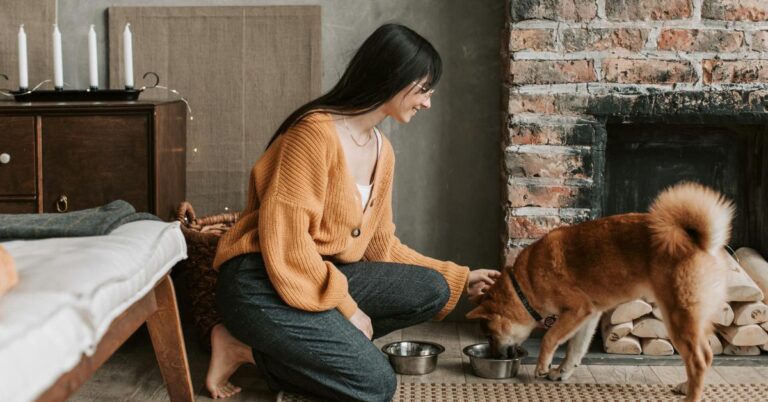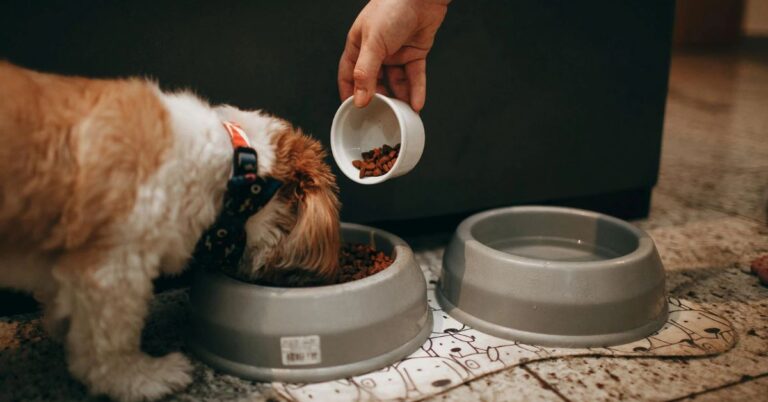15 Questions Responsible Breeders Ask When Screening Buyers

A great breeder does more than match dogs with new owners; they ask the right questions to ensure a lifetime of happiness for both. Understanding a buyer’s lifestyle, knowledge, and readiness for pet ownership helps breeders make informed decisions that lead to healthier, happier homes for their pups. Breeders use these 15 key questions to ensure their puppies find a safe, caring forever home.
Are You Financially Prepared for a Dog?

Caring for a dog involves prolonged monetary obligation, from food and supplies to medical attention. A breeder often asks about the buyer’s economic readiness to guarantee they can meet the ongoing costs of pet guardianship. Puppies, especially purebreds, may have unique needs that require financial planning.
What Experience Do You Have with Dogs?
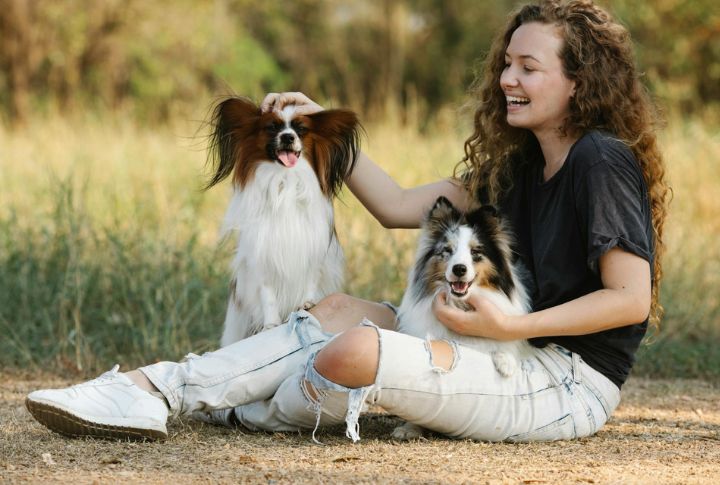
Familiarity with dogs helps breeders determine how prepared the buyer is for dog ownership. While some may be first-time owners, others might have years of expertise. This question allows breeders to gauge whether the client requires additional guidance on training, care, or breed-specific requirements.
Why Did You Choose This Breed?
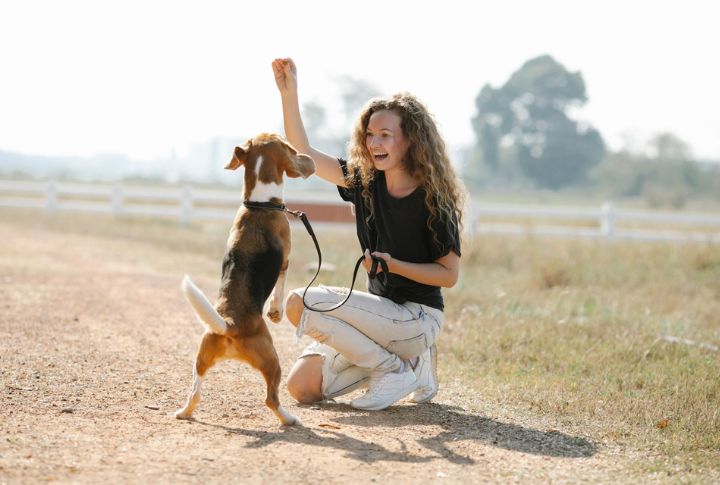
Knowing what attracts a client to a specific dog allows breeders to assess if the choice fits the buyer’s lifestyle and expectations. Factors like temperament, appearance, or energy level affect the decision. Asking this question ensures the adopter has well-informed and realistic reasons for choosing the breed.
What Type of Living Situation Do You Have?

Different breeds thrive in different environments, and a breeder may ask about the buyer’s living situation to assess if the space fits the dog’s needs. Some dogs need plenty of room to run, while others adapt better to smaller apartments. The breeder wants to secure a comfortable fit for the pet.
What is Your Work Schedule Like?

Long work hours can leave dogs feeling lonely or stressed. Breeders often ask about work schedules to confirm a dog won’t be left alone for long periods if it cannot withstand it. Solutions such as dog sitters, daycare, or flexible work arrangements can reassure the breeder that the pet will receive proper attention.
How Do You Plan to Exercise the Dog?

Every dog needs exercise, but the amount varies by breed. A breeder might be curious about how the buyer plans to keep the dog happy and healthy. They could ask about the buyer’s approach to ensuring the dog gets plenty of exercise, including daily walks, fun playtime, and engaging mental activities, to prevent any potential behavioral issues.
Do You Have Other Pets?

Multiple pets in the home can affect a new dog’s adjustment, and some breeds may not be compatible with certain animals. Asking about existing pets helps breeders gauge how well a new dog might fit into the household. Compatibility guarantees a harmonious environment for both the new pet and existing animals.
Who Will Primarily Care for the Dog?
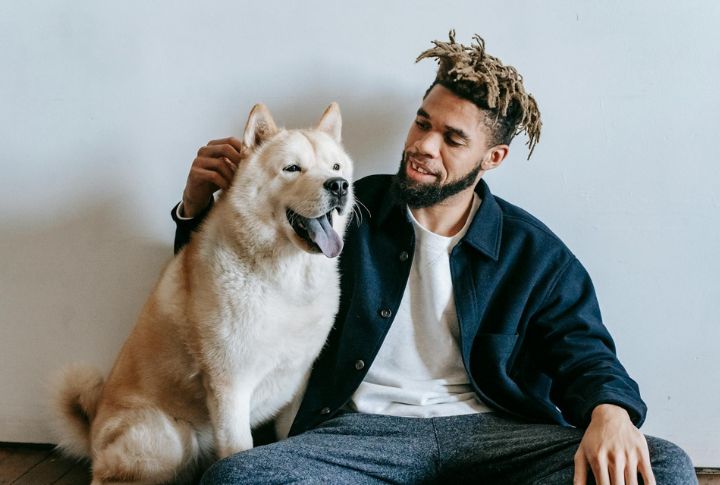
Identifying the dog’s primary caregiver helps the breeder ensure that daily responsibilities will be consistently handled. If multiple people share the responsibility, the breeder may ask how tasks will be divided. A well-defined course of action ensures the dog receives proper attention and avoids any potential gaps in care.
Do You Have a Preferred Vet?
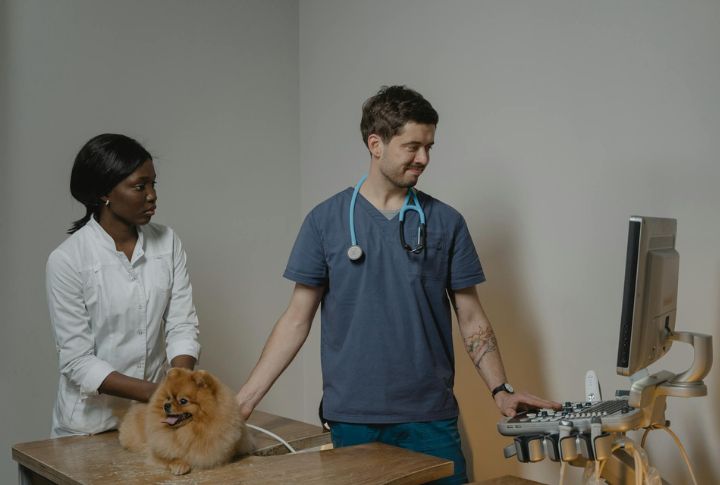
Vet care is essential for a dog’s health, so breeders often ask if the buyer has a trusted veterinarian lined up. Regular check-ups, vaccinations, and emergency assistance are essential for dog guardianship. Establishing a vet relationship early shows responsibility and commitment to the dog’s long-term well-being.
Have You Done Research on Health Issues for the Breed?

Every breed comes with its own set of potential health risks. Breeders want to ensure buyers know about possible genetic conditions and how to manage them. Buyers who have researched the breed’s health challenges show they are equipped for potential issues that may arise later.
What Will You Do with the Dog During Vacations?
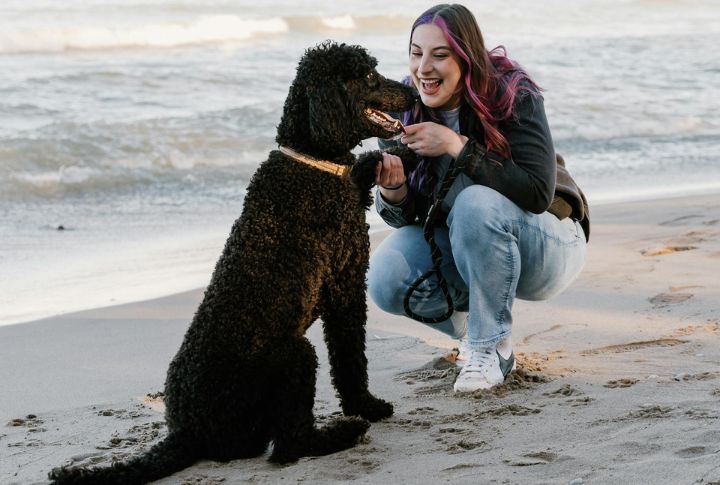
Vacation plans can disrupt a dog’s routine, so breeders usually ask how buyers approach care for their pets during trips. Whether boarding, hiring a sitter, or bringing the dog along, a well-prepared adopter ensures the dog will be adequately cared for during extended time away.
Do You Have Experience with Housebreaking?
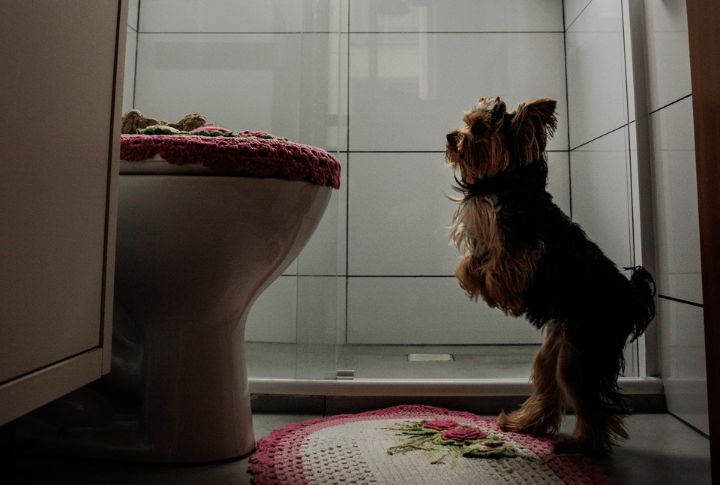
Housebreaking a puppy takes time, patience, and consistency. Breeders may ask about a buyer’s previous experience with this task to determine their readiness. Owners who understand the effort in teaching proper bathroom habits can better prepare for accidents and frustration during the learning process.
How Do You Plan to Train the Dog?
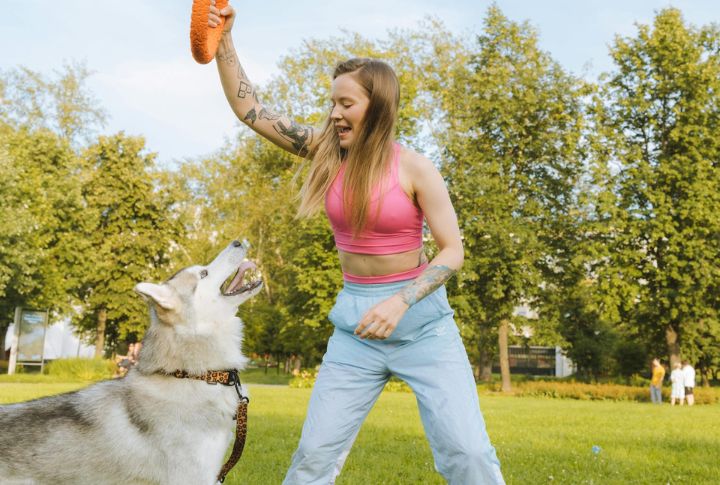
Training is critical to raising a well-mannered dog, and a breeder may ask about the client’s training plans. Some may prefer professional trainers, while others opt for a hands-on approach. Knowing the preparation in advance shows the breeder that the prospective owner is serious about responsible ownership.
What Is Your Long-Term Plan for the Dog?
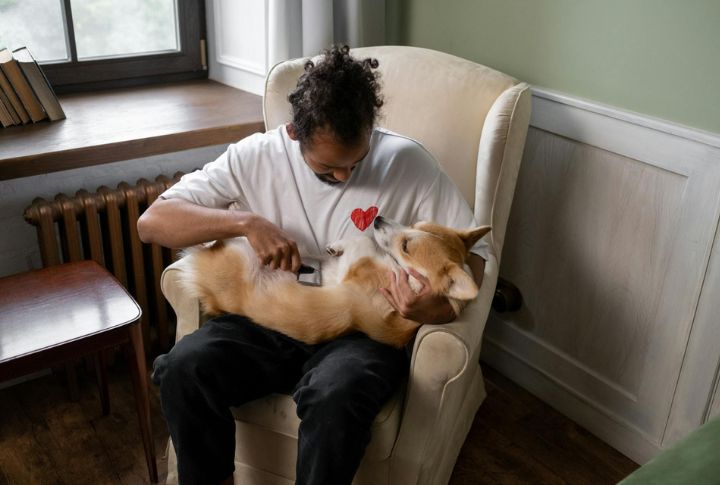
Breeders want to verify buyers are ready for the continuous commitment of providing a forever home, especially since some dogs can live into their teens. Life changes like moving or growing families can impact a dog’s place so much so that a solid arrangement reassures breeders of lasting support and responsibility.
How Will You Handle Unexpected Medical Expenses?
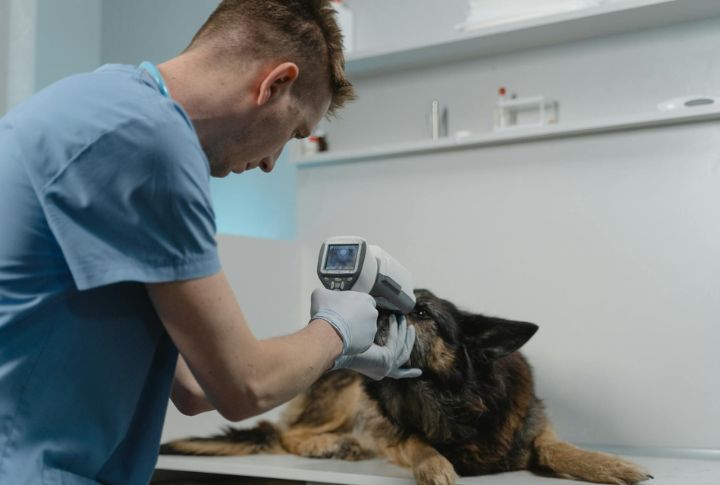
Veterinary emergencies can be costly, and breeders may ask if buyers have considered how to handle sudden expenses. Having a financial plan, such as savings or pet insurance, helps reassure breeders that the dog will receive necessary medical assistance without putting the buyer under financial strain.


